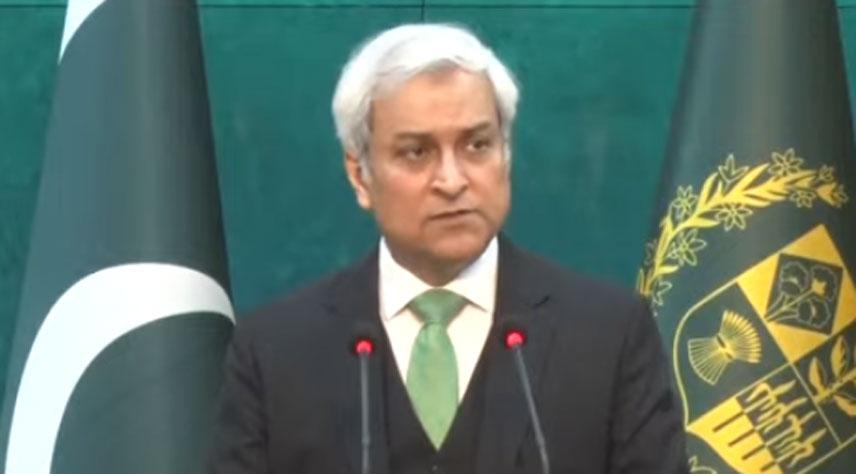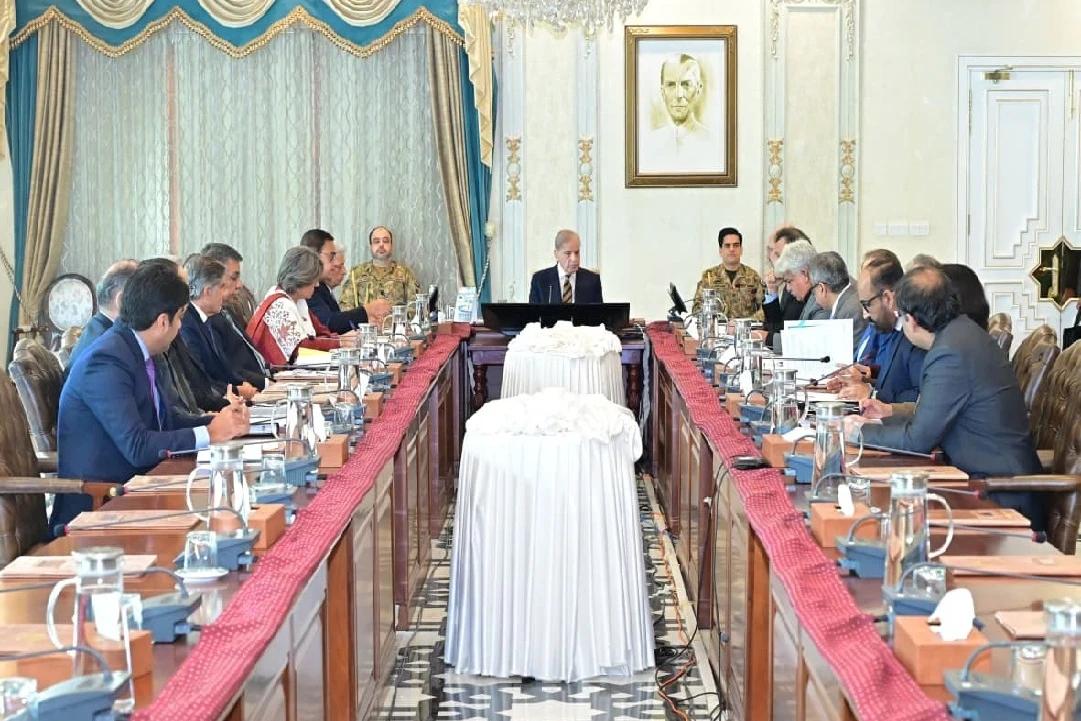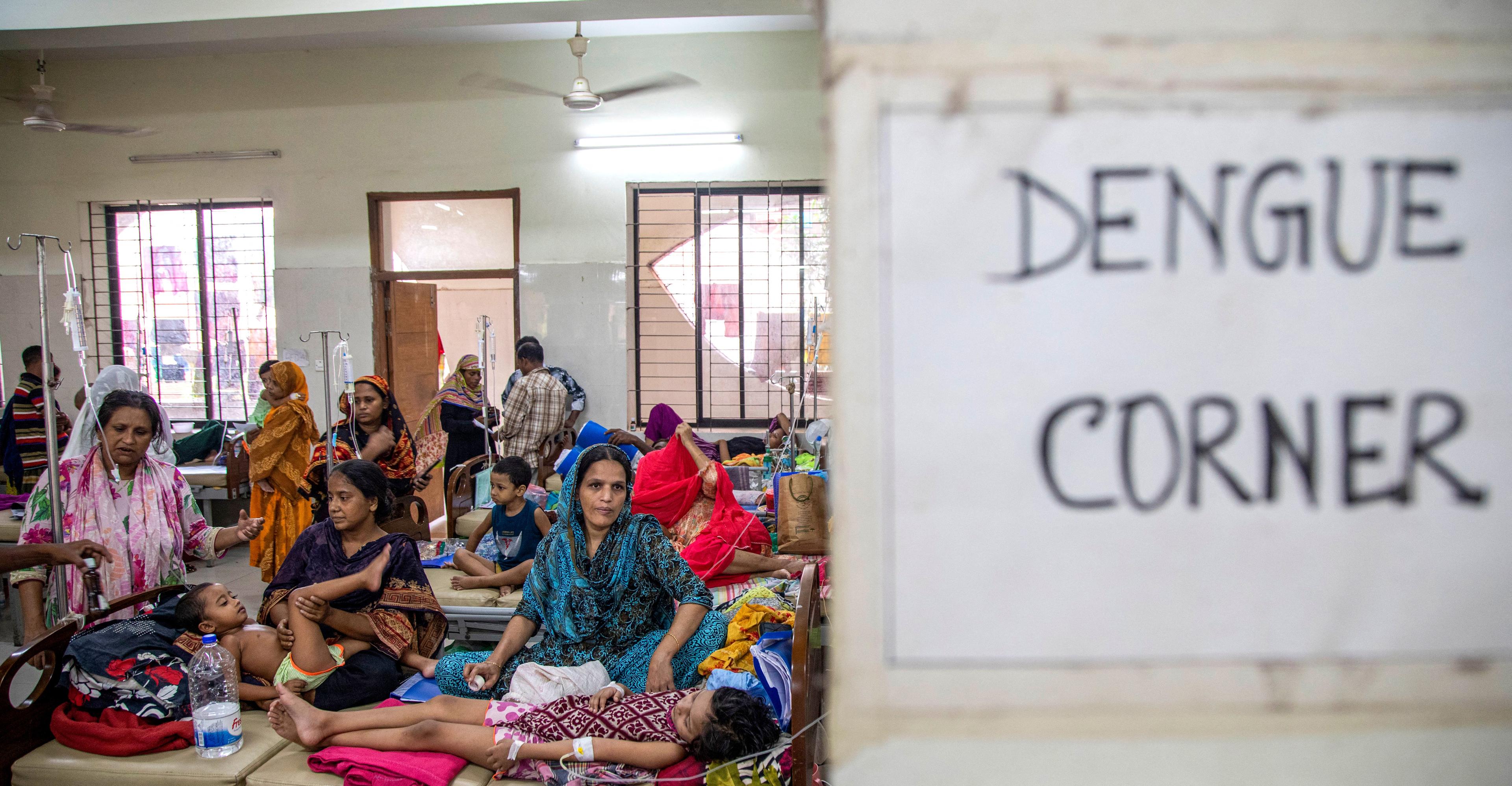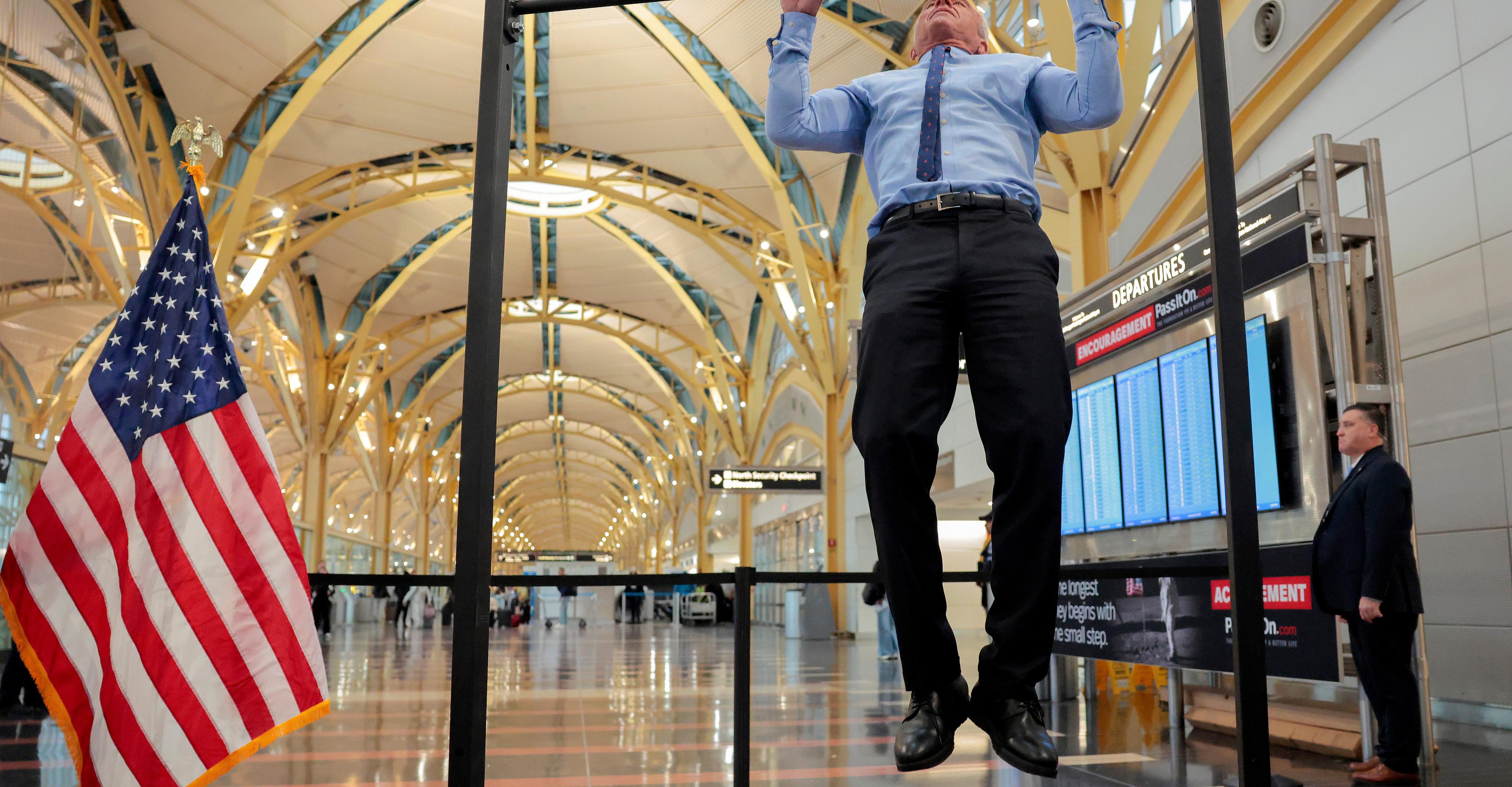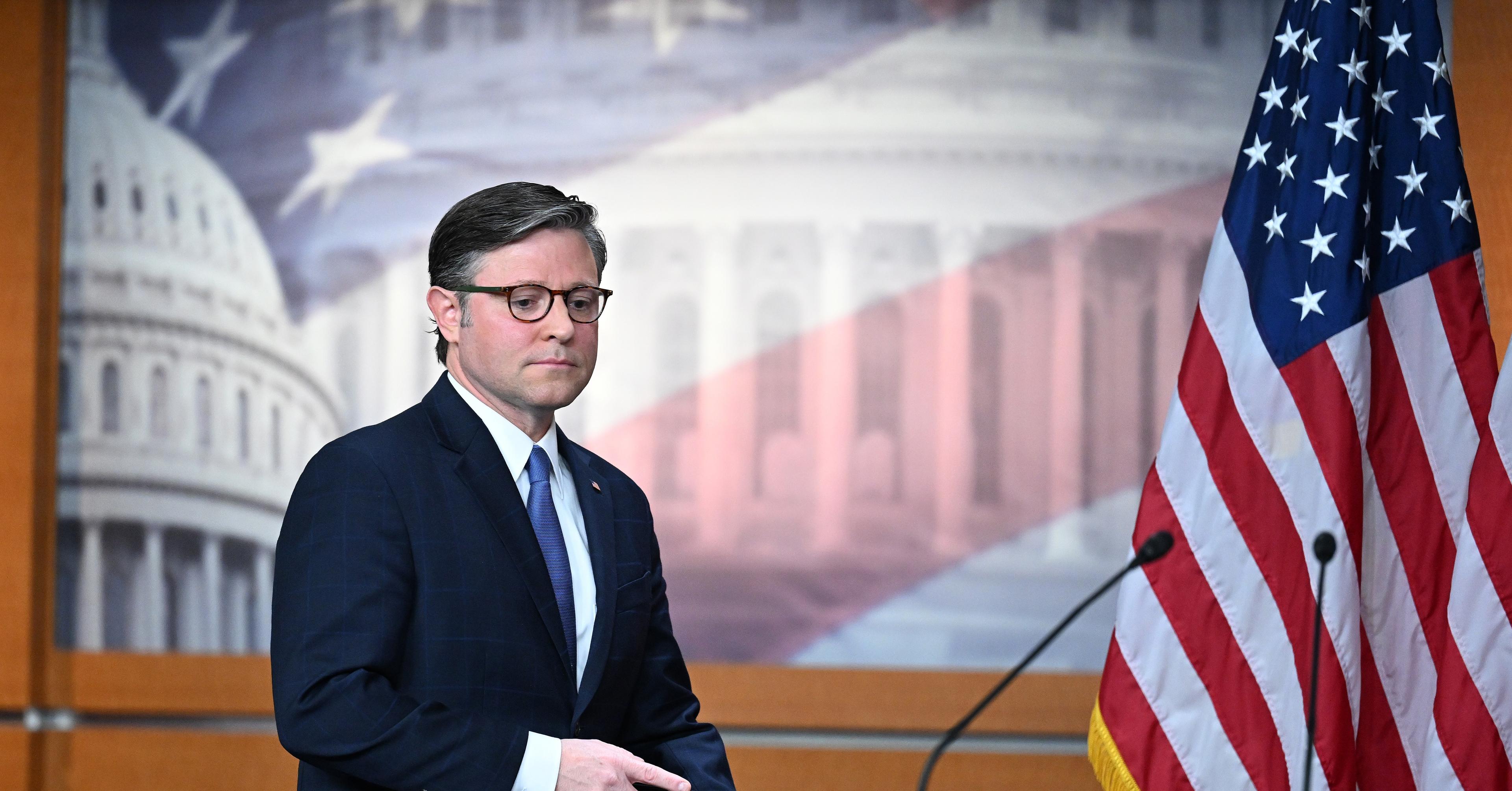Detangling knots inside the senate elections
A chess board has been laid out for the upcoming senate elections. Political wisdom is ready to be put to the test. Prominent political pundits have their pawns and their ministers ready to spring into action. And, the knight, with its 2.5 moves, sits silent, aware of its power to change the game.

52 seats in the senate will be up for grabs in the first week of March. Within this week, a bill to amend the senate election procedure will be presented before the National Assembly.
The Upper House, or Senate, has 104 seats, with each senator enjoying a tenure of six years. Half the seats are up for elections after three years. As students of politics, it is our job to question whether the bill to be presented before the Assembly will be successful or not. After all, a two-thirds majority is needed for an amendment. Does any party have the numbers to pass an amendment? Further, to understand how senate nominees campaign with their own allies and with others for votes, it is very important to see how senate elections take place; what rules govern the process, and who takes how many seats.
It was part of the ruling Pakistan Tehreek-e-Insaf’s (PTI) manifesto that were they to gain power, they would end secret balloting for senate seats. And so, President Arif Alvi, on the instructions of Prime Minister Imran Khan, filed a presidential reference in the Supreme Court of Pakistan. A five-member bench led by Chief Justice Gulzar Ahmed heard the proceedings in which the Attorney General said that Pakistan Muslim League-Nawaz (PML-N) and Pakistan People’s Party (PPP) in the All Parties Conference in London, had recommended that senate polls be held via open ballot. Justice Ejazul Hasan then asked the Attorney General why the government was unable to bring about a consensus on the topic. The Chief Justice said that the court can not interfere in political matters. The case continues but were the apex court to allow elections through show of hands, it would represent a seismic change in the country.
The 52 seats up for elections will include 12 each from Punjab and Sindh, 11 each from Balochistan and Khyber-Pakhtunkhwa, four from FATA and two from the federal capital. The electoral college are the provincial assemblies, of course. FATA senators get selected by the MNAs selected from the areas. For the two senate seats representing the capital, all members of national assembly, including those from FATA, will have the right to vote.
An interesting aspect of the senate elections is the term ‘golden figure’, a number that represents how many votes a person got from his province to become a senator. Take the example of the Punjab Assembly, which has 371 members. If 7 general seats are up for relection that means 53 votes is the golden figure. The same applies to women’s, Technocrats’ and minorities’ seats. Punjab’s two women’s seats means each has to get 186 votes. But the golden figure is not imperative for winning. If a contestant gets more votes on the preferred list than he or she can still win. Were that contestant to win more than the golden figure, the extra votes will automatically get transferred to the next preferred contestant.
It is not a well-known fact that legislators are given a ballot paper that they can fill according to the preference they are giving to contestants. Equal representation for all provinces in the senate is admirable, with 23 senators each. That makes a total of 92 senators for the provinces, while FATA gets eight and the federal capital gets 4 which makes the total 104.
Political analysts know that no party can muster up the two-thirds majority required for a constitutional amendment. But our mentor, who we have fondly dubbed the mad doctor, predicts that with 27 senators, PTI will become the majority party in the senate, followed by PPP with 19 senators and PML-N with 18. Friends within the PML-N, including Senator Dr. Asad Ashraf, told me that PML-N will surprise everyone.
As for me, I will simply say all depends upon what the hermit wants. Whosoever wants a majority in the senate, will have to side with the hermit.
The writer is Bureau Chief Lahore at GNN.


